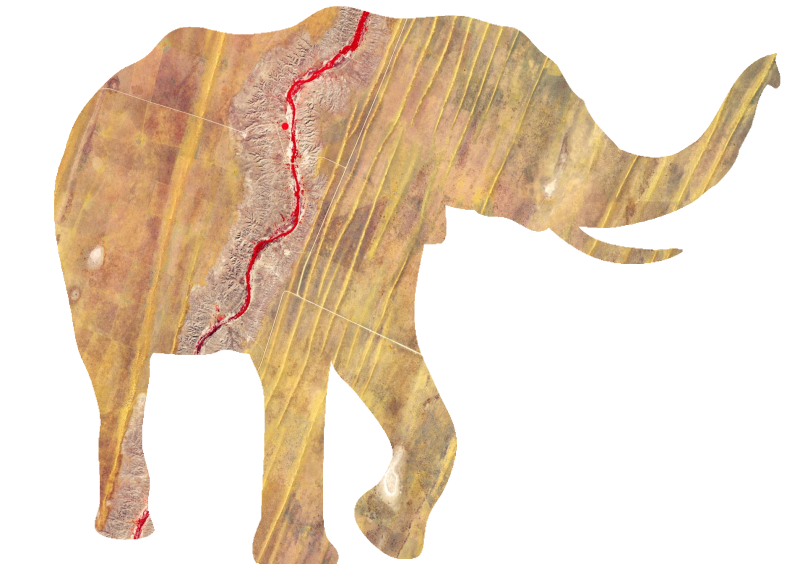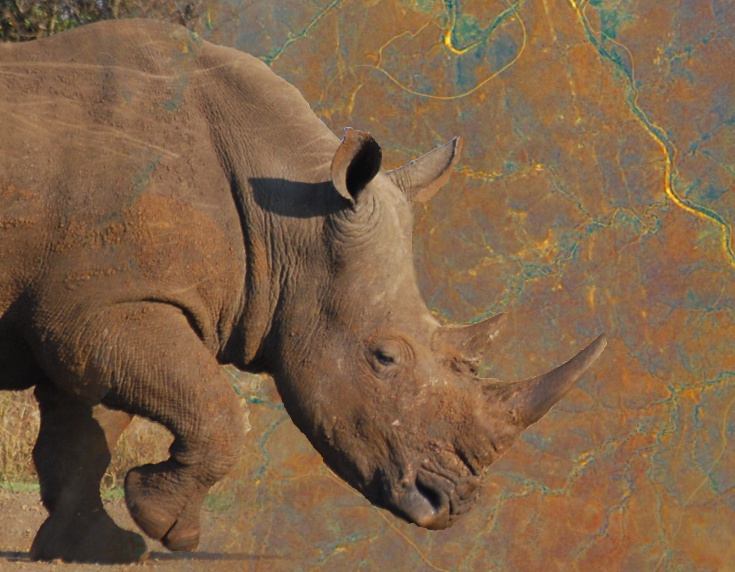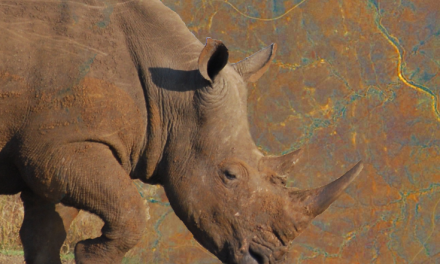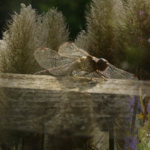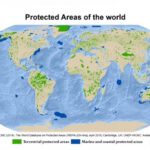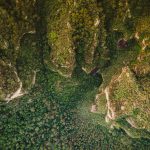workshop: marine remote sensing & conservation
The Zoological Society of London in cooperation with the Committee on Earth Observation Satellites Biodiversity activity (CEOS Biodiversity) have started an initiative aimed at identifying the current opportunities and challenges to the use of satellite remote sensing to support biodiversity research and conservation efforts in the marine realm. Our objective is to provide feedback to CEOS Biodiversity as to how the current set of Earth Observation satellites can help address the needs of the marine biodiversity research and conservation applications communities, while highlighting future technological developments that are urgently needed.
Enhancing use of satellite remote sensing
in marine biodiversity research and conservation
This (by invitation only) workshop will be organized as a side-event to the Remote Sensing for Conservation Symposium; the workshop will occur in May the 24th, 2014.
The main aims are:
- to increase visibility and recognition of the issue of marine biodiversity loss,
- to promote use of remote sensing data associated with field information for biodiversity monitoring in marine environments,
- to support capacity development initiatives and awareness on use of RS-based technologies,
- to provide up-to-date scientific and technical guidance on how to use RS-based technologies for biodiversity monitoring in the seas,
- to promote standardized and harmonized monitoring methods to facilitate inter-comparisons between projects,
- to demonstrate to policy-makers that satellite remote sensing-based technologies can help meet the reporting requirements from international initiatives on biodiversity monitoring such as the Convention on Biological Diversity (CBD), or the Intergovernmental Platform on Biodiversity and Ecosystem Services (IPBES), and
- to foster long-term synergies between the remote sensing and biodiversity/ conservation communities.
This workshop will gather key experts willing to contribute to the development of a report, with the following objectives:
- Identify the gaps and needs in the domain of biodiversity monitoring in the marine realm
- Complement similar past and present initiatives, while making a clear focus on the marine environment.
- Highlight current missed opportunities
- Discuss current implementation challenges, and possible ways forward
Steering committee:
- Nathalie Pettorelli (ZSL & CEOS Biodiversity) – point of contact: Nathalie.Pettorelli@ioz.ac.uk
- Martin Wegmann (DLR/Wue & CEOS Biodiversity)
- Woody Turner (NASA & CEOS Biodiversity)
Participants:
- Frank Muller-Karger, University of South Florida
- Temilola Fatoyinbo, NASA
- Emily Pidgeon, Conservation International
- Robert Rose, WCS
- Steve Groom, PML
- Ben Lascelles, Birdlife
- Maria Dias, Birdlife
- Clare Duncan, ZSL
- and others
